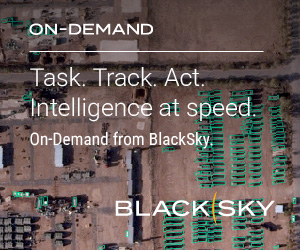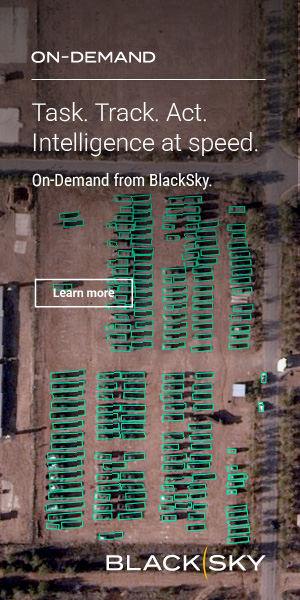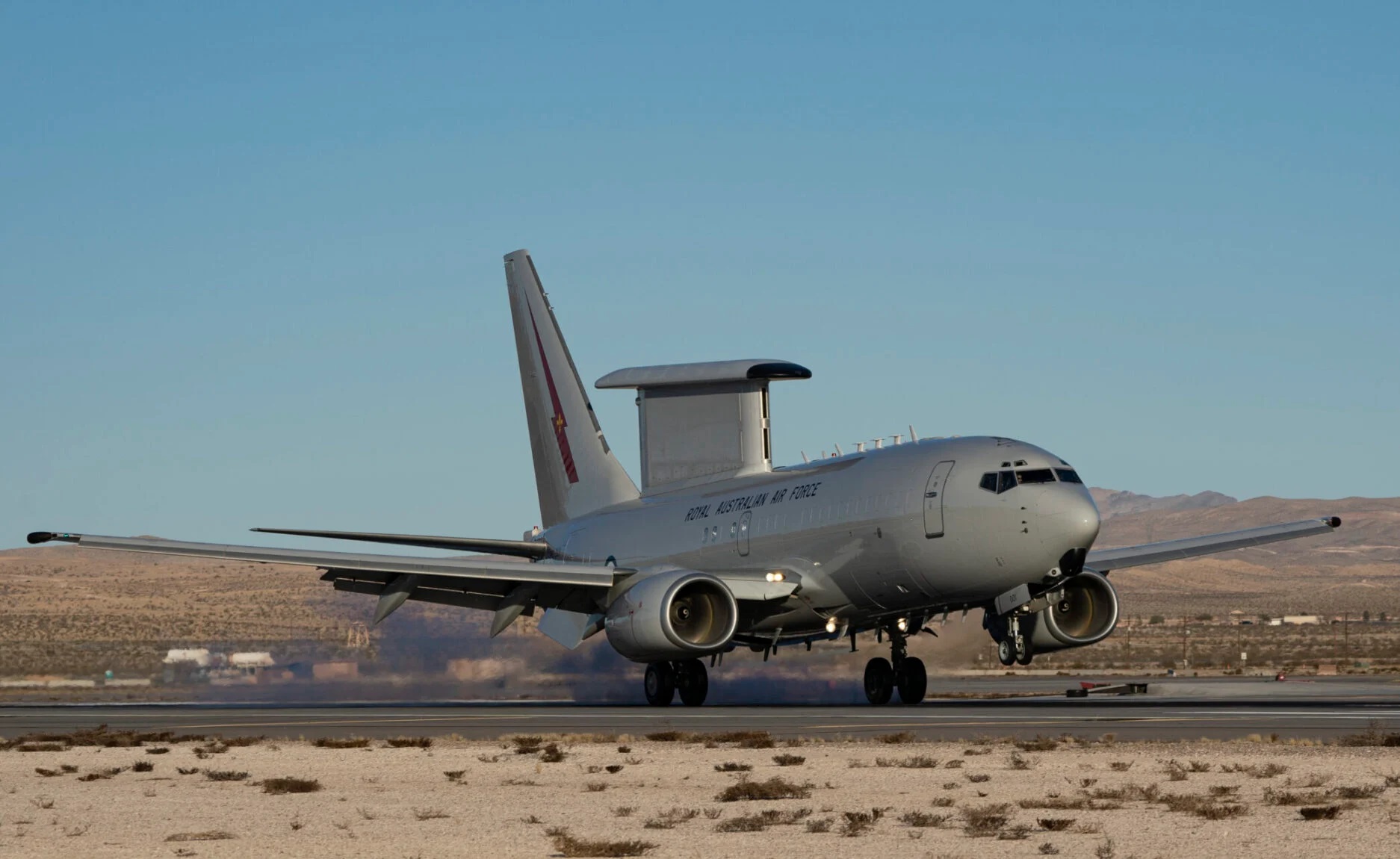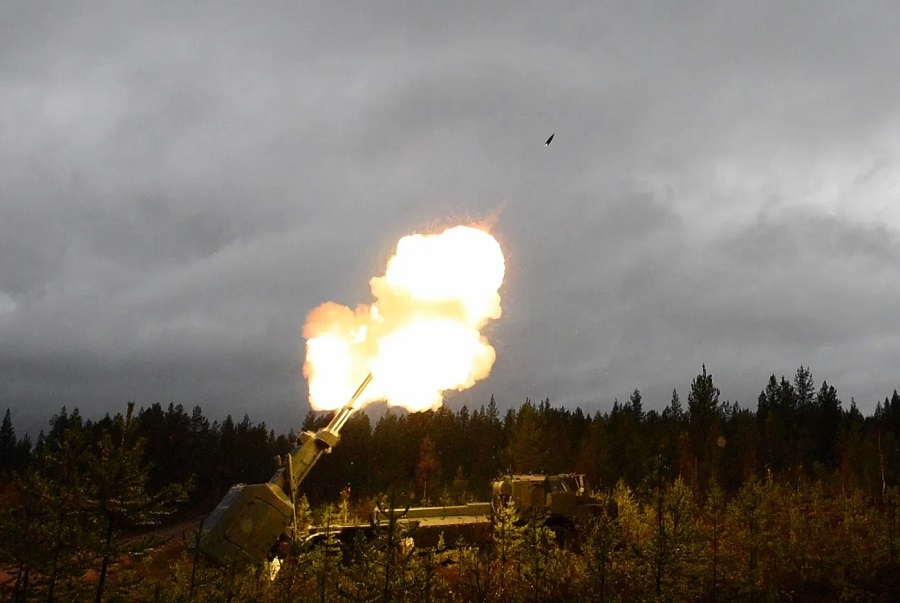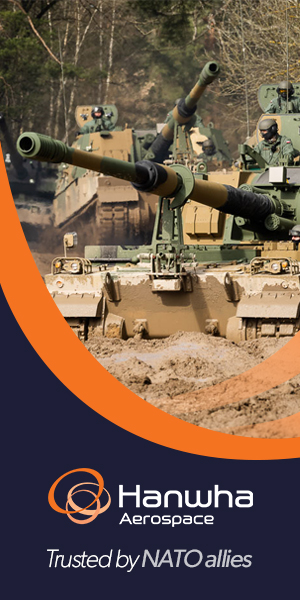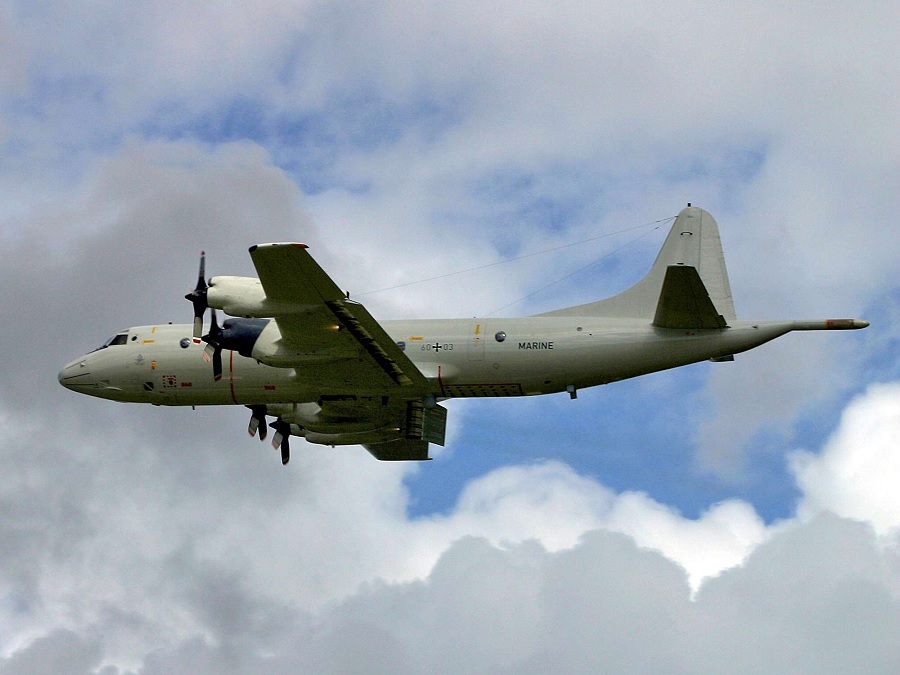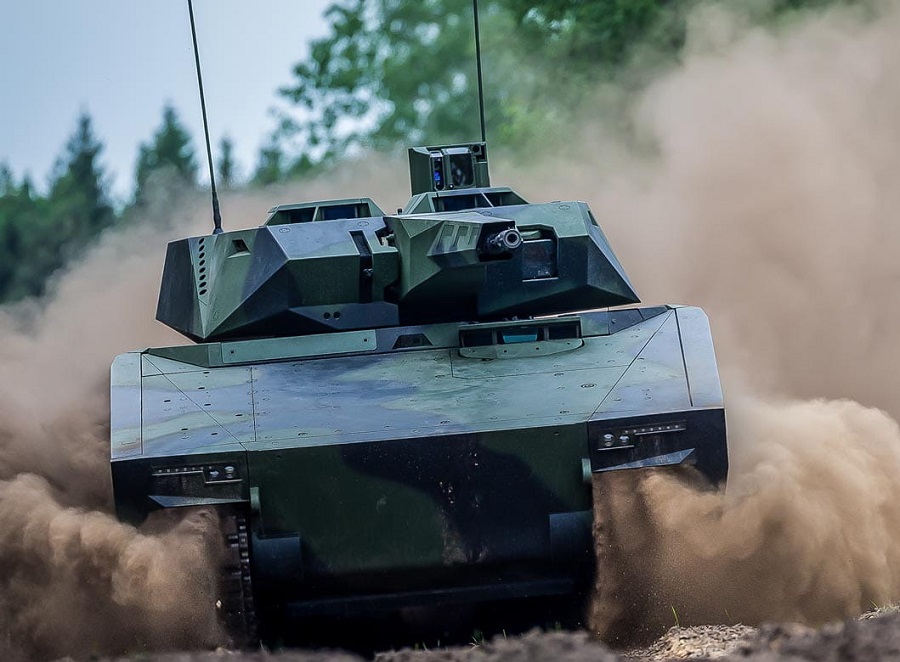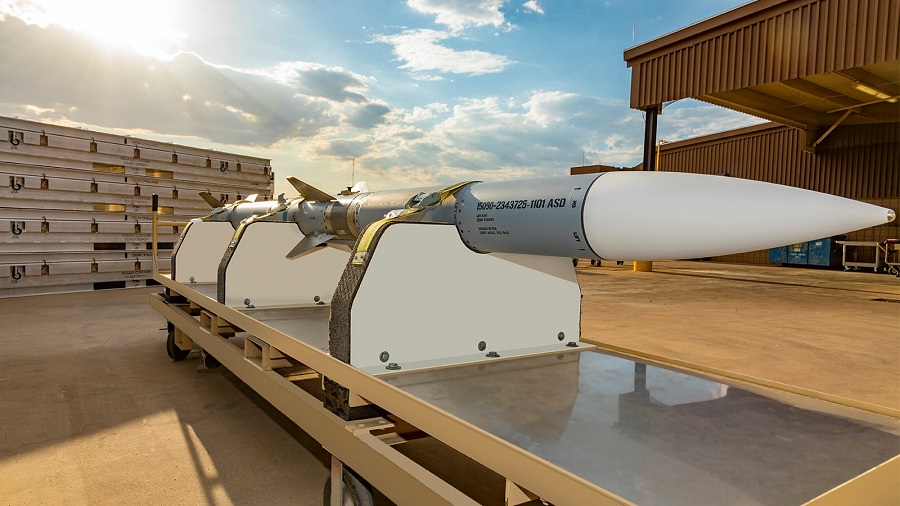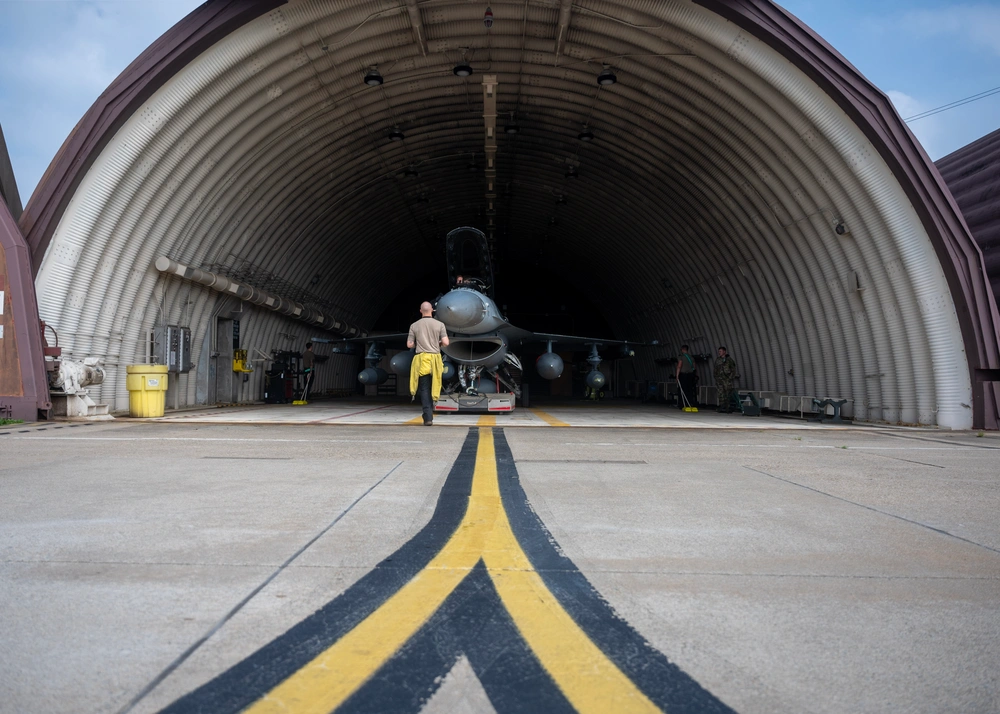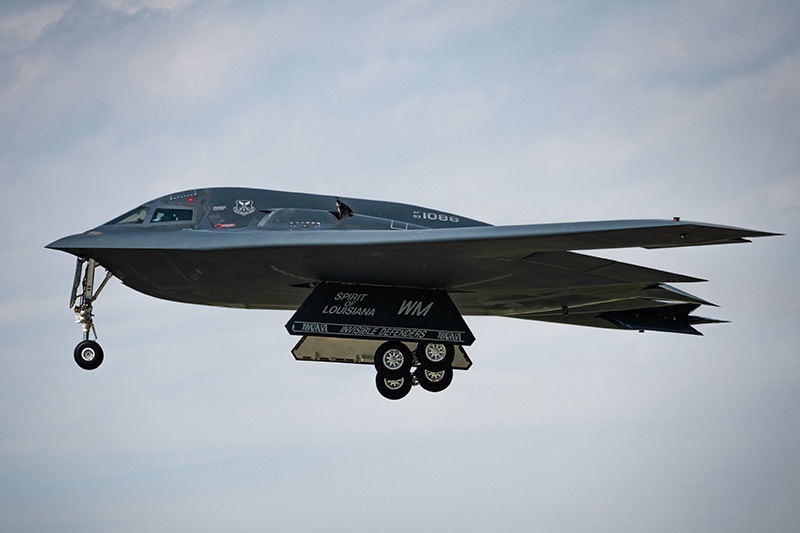Having successfully carried out critical projects and developed solutions in the fields of engineering, technology and consultancy under the auspices of the Defence Industries Agency (SSB), STM Defence Technologies Engineering and Trade Inc. continues to support NATO through the decision support systems it has developed.
STM ThinkTech will participate online in the NATO’s Crisis Management Exercise (CMX) that will be held on March 9–15, 2023, with the Aggregated Resilience Model it has developed, and will provide consultancy services regarding the use of the model. The Aggregated Resilience Model will support NATO Supreme Headquarters Allied Powers Europe (SHAPE) in its analyses and assessments of the levels of preparedness of civilian facilities and capabilities, and the support they can provide to military elements based on the exercise scenario.
Güleryüz: We will Continue Bringing Turkish Solutions to NATO
Özgür Güleryüz, General Manager of STM, says that STM has been carrying out engineering projects in NATO for many years, and described ThinkTech’s long-standing experience with NATO, which has exported six different decision support models to NATO to date:
“The Aggregated Resilience Decision Support Model” that we have delivered to NATO plays an important role in NATO’s experimentations and exercises. The model provides NATO with decision support at a strategic level and facilitates decision-making processes regarding the steps and measures to be taken by officials. Developed by our engineers and experts, this model will be put to use in the Crisis Management Exercise – one of NATO’s top-level scheduled annual exercises.
STM ThinkTech will take an active part in the exercise, during which the status of civil infrastructures, facilities and capabilities and their potential to support military operations will be analysed in the event of strategic shocks and disasters such as earthquakes. We will continue bringing solutions developed by Turkish engineers to the NATO.”
STM’s Aggregated Resilience Model Facilitating NATO’s Decision-Making Processes
The Aggregated Resilience Model has been developed according to the principles of systems thinking and system dynamics approach, and aims to support NATO’s decision-making processes in response to strategic shocks such as pandemics, natural disasters, cyber attacks, large-scale electricity blackouts and big human movements. In addition to the effects of strategic shocks and the critical changes they bring about, the model analyses the possible consequences for civilian and military systems. The model can also analyse the effects of different types of shocks on different critical energy, transportation, and communication infrastructuresand can identify potential risks based on the scenario.
NATO Crisis Management Exercise
The NATO Crisis Management Exercise (CMX) follows a generic scenario decided upon at NATO summits involving heads of state and government, and targets the improvement of NATO’s core missions of “Common Defence” and “Crisis Management”. Civil and military personnel from NATO member states and from NATO Headquarters and strategic commands participate in the exercise.

